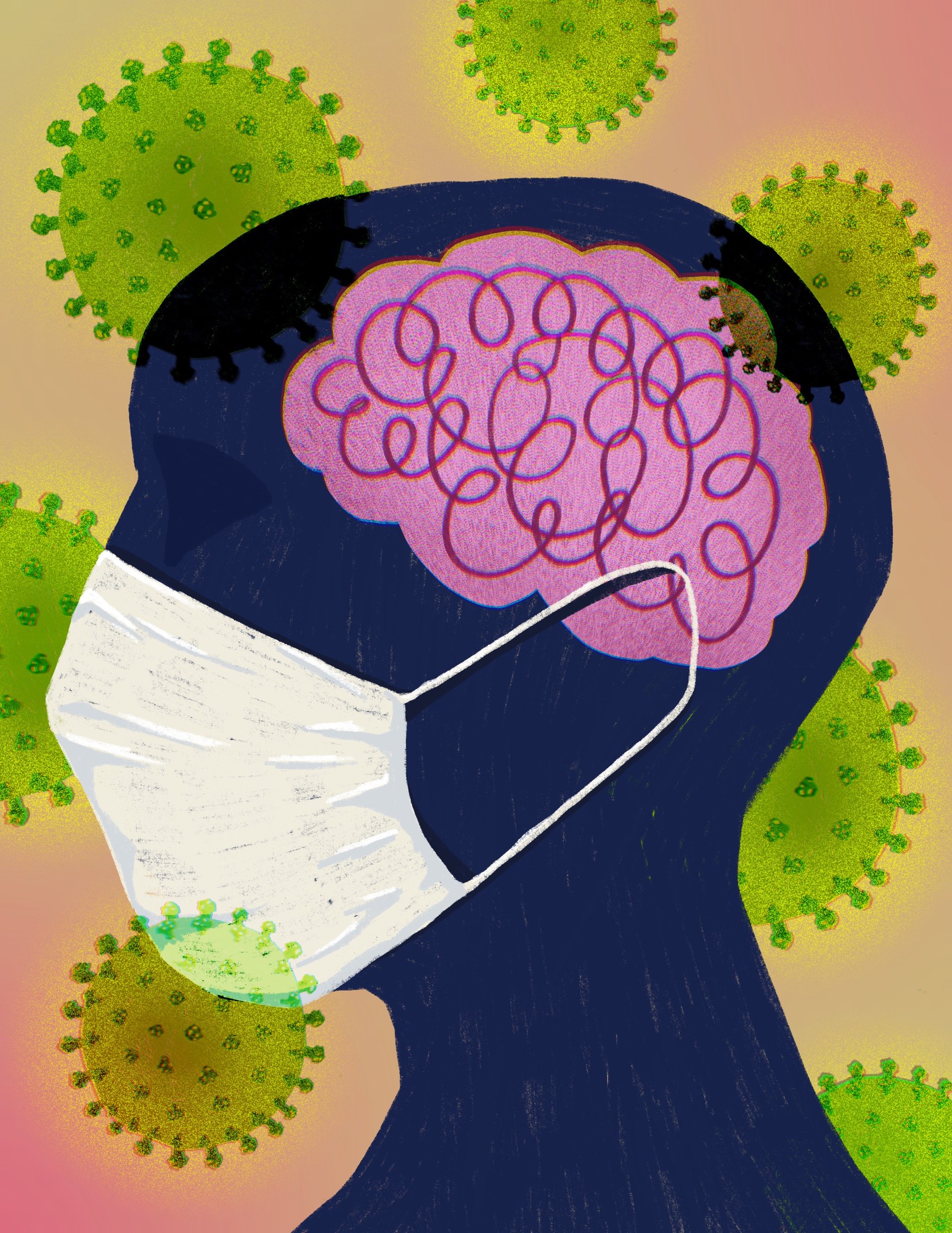The Quad: Although pandemic left lasting impacts on Bruins, students have proven resilient

(Amber Lee/Daily Bruin)

By Bryana Plata
Jan. 15, 2023 4:59 p.m.
This post was updated Jan. 29 at 9:55 p.m.
With the shift to hybrid learning caused by the pandemic, Bruins around the world had to learn to adjust to new ways of teaching. Despite the majority of classes returning to in-person settings, students and staff reflect on the lasting personal and academic impacts of COVID-19.
Rural and high-poverty school districts faced difficulties early in the pandemic because of a lack of resources necessary to transition to online school, including technology access, according to the United States Department of Education.
Community health assistant professor Dana Garfin said that during online school, she saw changes in students’ academic performances largely driven by the fact that students had to continue their studies through virtual learning even if they caught the virus.
“I would say students just seem a lot more stressed out than they used to,” Garfin said. “And a lot of students have been able to capitalize on their strengths and have used some of these challenges to inspire their own contribution to society in the world.”
Social psychology doctoral student Daniel Rosenfeld said students from lower socioeconomic backgrounds were more vulnerable to the COVID-19 pandemic because of poor housing conditions, unstable work situations and an increase in stress.
According to the National Library of Medicine, heightened levels of stress weaken the immune system, which not only increases one’s likelihood of being exposed to COVID-19 but also reduces the immune system’s ability to fight the virus.
“Students are already a group … experiencing a lot of stress, and so we only – as humans – have so many psychological resources and abilities to deal with so many stressors,” Rosenfeld said. “People who are of lower income and people of color definitely face more adverse effects and stress and disruptions (due) to the pandemic.”
According to BMC Public Health, 75% of academic staff and students believe the COVID-19 pandemic had negative impacts on their work or studies, such as high anxiety levels, symptoms of depression, a poor sleep schedule and not fully learning the material.
“The feelings of uncertainty that were inherent in the pandemic, and still are, were really amplified during the beginning stages,” Rosenfeld said. “When you’re in college, … the whole formation of your identity, your values and your goals, whether they’re just goals within college or beyond, … these are all things that are creating a sense of uncertainty.”
Daniel Eisenberg, a health policy and management professor, said the pandemic contributed to a significant increase in mental illness diagnoses.
“We see about twice as many students that are reporting symptoms of depression or anxiety, … but there’s also a positive trend to that,” Eisenberg said. “Students are reporting that they’re using mental health services, which typically includes therapy or medication, so that there is an expansion of access to health care.”
For some Bruins, media and news coverage of the pandemic may have also affected their psychological well-being.
“Research by my colleagues, as well as by many other researchers, showed a very robust link between media exposure to the pandemic and mental health ailments like distress, post-traumatic stress, anxiety and functional impairment,” Garfin said.
The increase in stress and anxiety lasting after the pandemic may cause students to feel more isolated, but there are student resources, such as the Screening and Treatment of Anxiety and Depression program, that offer access to mental health care.
Eisenberg added that he is hopeful that students as an overall population will be able to bounce back.
Garfin added that although some students may have struggled with their mental health during the pandemic, they have also been able to overcome many challenges and grow from it as well.
“Despite the fact that the pandemic has been really difficult for students, I think that a lot of students have also shown a lot of resilience,” Garfin said. “Students have also been able to capitalize on their strengths as well as the lesson learned.”


